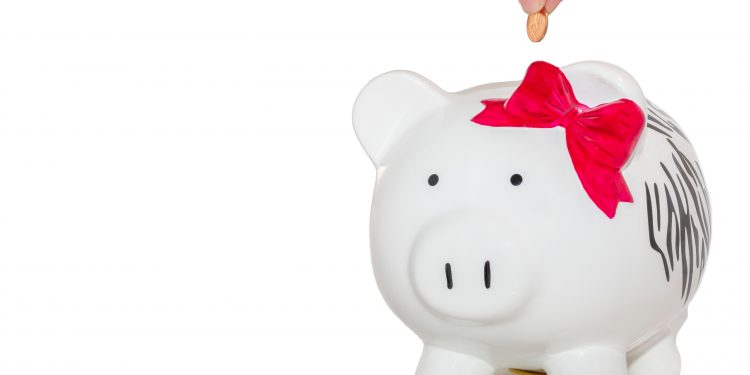A recent article covering an H&R Block study on email engagement and prepaid use is worth diving into:
Tax preparation company H&R Block, in a study done with the Consumer Financial Protection Bureau (CFPB), found that emails notices and incentives were effective ways to encourage customers to use their prepaid card.
Lifecycle emails, which are a series of emails on a specific topic, are often used to encourage consumers into action. The key is in the timing of the message. In this case, H&R Block knew their cardholders were very likely to receive an income tax refund. This meant the cardholder had more money than usual and therefore, if prompted with the right offer, a new financial habit could start a long term trend. Saving!
The study, “Planning for Tax-Time Savings,” randomly assigned a subset of H&R Block’s prepaid card customers to one of three groups. One group was sent an email with a message encouraging them to save using a savings feature on the prepaid card, one was sent an email message offering them a $5 incentive to save on the card, and one was not sent any savings message. The study showed that the message that included the incentive offer was most effective at encouraging customers to use their prepaid card, but the message simply encouraging customers to save also increased the number of customers using the prepaid card compared to customers who were not sent any savings-related message.
Most prepaid card providers offer a high yield saving account as part of their account offerings and have been doing so for years. The rate is typically many time higher than the rate offered at a brick and mortar financial institution. Often direct deposit needs to be set up to take advantage of the saving rate, but not in all cases.
“One of my priorities is to move the needle in the number of Americans who can cover a financial shock,” CFPB Director Kathleen Kraninger said. “There are many statistics underscoring the lack of savings, including a recent one by the Federal Reserve showing that 40 percent of Americans would turn to credit to cover a $400 emergency. As the Bureau continues to identify solutions to encourage consumers to save, the results from this study shows that even with small encouragement, consumers will save.”
Prepaid cards were created to help the unbanked and underbanked become financially independent through a card that would provide the basic needs of money management. It has succeeded in doing this as well as becoming the innovation platform of choice for fintech products.
Overview by Sue Brown, Director, Prepaid Advisory Service at Mercator Advisory Group









